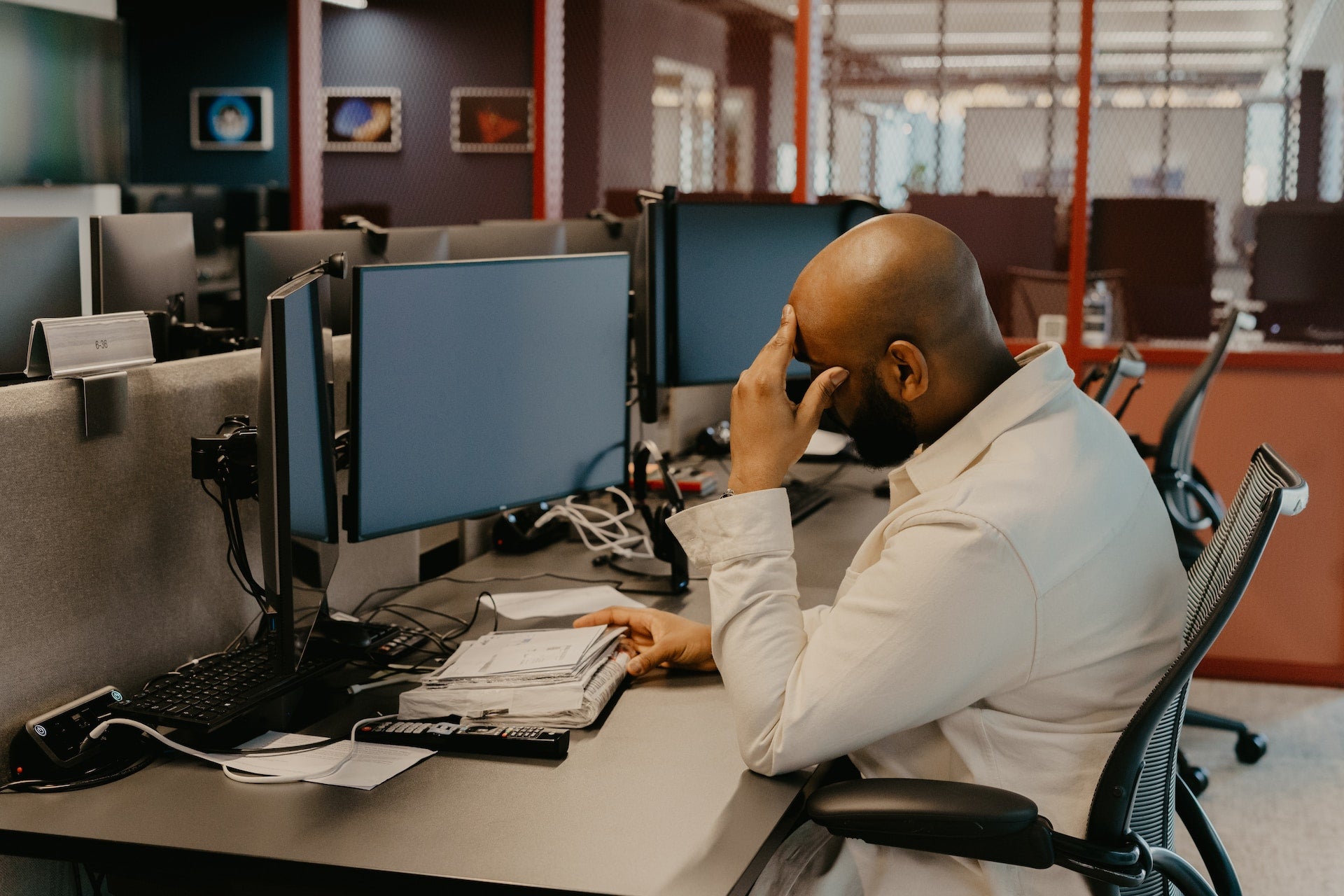1. Understand Your Triggers
Identifying your anxiety triggers is the first step in managing your symptoms effectively. Anxiety triggers are situations, people, or things that cause or worsen anxiety symptoms. Common anxiety triggers include stress, social situations, caffeine, and alcohol. Once you identify your triggers, you can work on avoiding or reducing exposure to them. Additionally, understanding your triggers can help you develop coping strategies to manage anxiety symptoms when you are exposed to them.2. Practice Mindfulness and Relaxation Techniques
Mindfulness and relaxation techniques are effective ways to manage anxiety symptoms. Mindfulness involves paying attention to the present moment without judgment or distraction. It can help you become more aware of your thoughts and feelings, thus reducing anxiety symptoms. Some mindfulness techniques you can try include meditation, deep breathing, and progressive muscle relaxation. Meditation involves focusing your attention on a particular object or sensation, such as your breath, a sound, or a visualization. Deep breathing entails taking slow, deep breaths and exhaling slowly. Progressive muscle relaxation involves tensing and relaxing different muscle groups in your body to release tension.3. Get Enough Sleep and Exercise
Sleep and exercise are essential for maintaining good mental health. Lack of sleep can exacerbate anxiety symptoms, while regular exercise can help reduce stress and anxiety. Aim for at least seven hours of sleep per night and engage in moderate exercise for at least 30 minutes daily. Exercise can include activities such as walking, jogging, cycling, or yoga.4. Practice Self-Care
Self-care involves taking care of your physical, emotional, and mental health. It can help reduce anxiety symptoms and improve your overall well-being. Some self-care practices you can try include:- Eating a healthy and balanced diet
- Engaging in activities you enjoy
- Practicing good hygiene
- Spending time in nature
- Taking breaks and relaxation time










